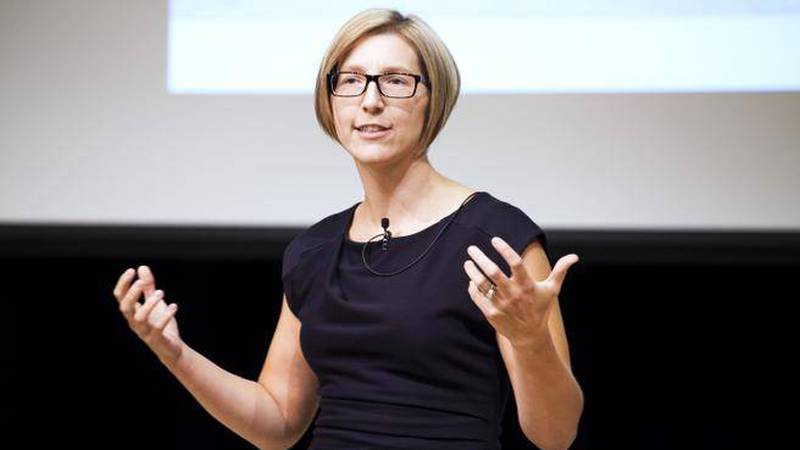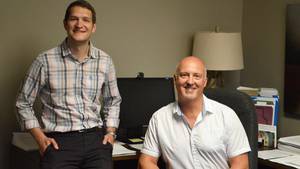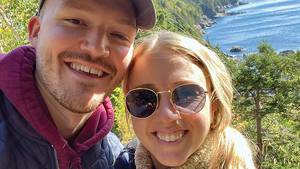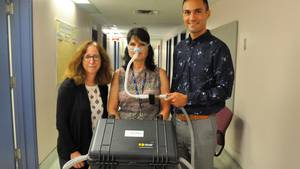Patients of the Canadian healthcare system expect and deserve the best care possible. But for reasons often beyond the control of physicians, nurses and administrative staff alike, sometimes a gap exists between what is recommended in medical science and what actually happens in healthcare practice.
In 1987, the National Cancer Institute of the United States recommended that physicians begin screening all their patients aged 50 and over for colorectal cancer. These screenings, according to emerging research at the time, would result in earlier diagnosis and thus earlier treatment for patients. It took Nova Scotia 22 years to put this recommendation into practice, beginning its own colorectal screening program in 2009.
This is an example of the research to practice gap — the time it takes for pioneering research to find its way into routine practice.
This gap is the focus of Dr. Robin Urquhart, an affiliate scientist at the QEII as well as an assistant professor and Ramia Scientist with Dalhousie University’s Department of Surgery. A study she references from the year 2000 shows that, globally, the research to practice gap averages 17 years, separating patients from the most recent advances in medicine by almost two decades. Other studies have shown between 30-45 per cent of patients worldwide don’t receive care consistent with modern scientific evidence.
“The problem is not necessarily at the individual level,” says Dr. Urquhart. “Our physicians and nurses are doing the absolute best they can, but our systems are not always set up in a way that allows people to do their best.”
Much of Dr. Urquhart’s time is dedicated to analyzing this gap, identifying the causes and developing strategies for how they might be addressed. These causes include a lack of awareness among healthcare providers and patients alike about new research, a lack of trust in recent findings, or a lack of understanding as to how those findings can apply to their work. The broader medical institutions are not always set up in a way that encourages the uptake of new idea or methods. An array of economic, organizational and political obstacles can also widen the gap between innovation and application.
“Moving research into practice requires change,” says Dr. Urquhart, “and change isn’t easy.”
But supporting this change, she explains, might help save lives. In the field of cancer research, where Dr. Urquhart spends much of her time, recent medical advances could significantly improve cancer outcomes – if put into practice sooner.
“We know in Canada we can improve cancer outcomes by at least 30 per cent if we actually used what we know right now,” says Dr. Urquhart. “We need to understand what the barriers are. But if you don’t know what the barriers are, you can try to implement evidence-based practice, knowledge and tools all you want — but you may not be addressing the real problem.”
Dr. Urquhart and others are working to do just that, building roadmaps for different medical departments and researchers to help navigate the obstacles to implementing original research, thus narrowing the gap.
“People have a right to have access to the best care possible,” says Dr. Urquhart. “My hope for health care is that we focus on supporting our people and our systems in change, so all Nova Scotians have access to — and benefit from — important scientific discoveries.”








